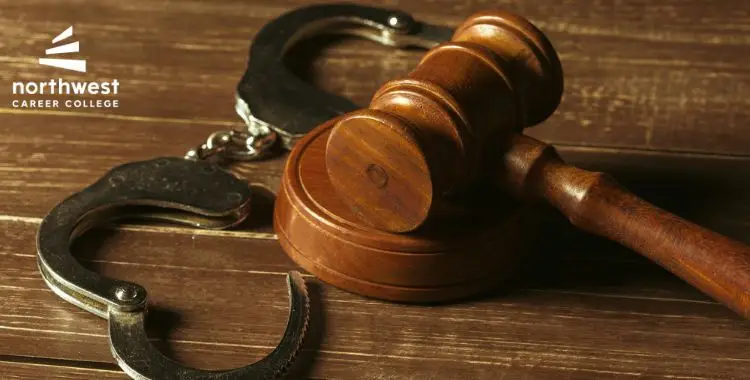The Importance of Ethics and Integrity in Criminal Justice Professions
- Criminal Justice
- October 1, 2024
- 2.6k views
- 3 min read

Values and morals in the criminal justice system ensure that the people associated with it act honestly so that nobody is discriminated against or harassed. Every cop, judge, lawyer, and prison officer needs to be sternly honest regarding their codes and behavior so that people put their trust in them.
Table of Contents
Public Trust
The essential ingredient of a successful criminal justice system is people’s trust in the system. If people believe the system is fair and without prejudice toward them, then are more likely to live by the law and support local law enforcement efforts.
Ethics and integrity play significant roles in establishing this type of credibility. Criminal justice professionals should be honest, fair-minded, and respectful in all their interactions with the public. This way, they can create a sense of trust within the community they serve, and ensure that there is law and order in these communities.
Fair and Impartial Justice
Part of what comprises justice is impartiality. Personal feelings and improper pressure from any personal relationship, sex, race, or personal relationship should not guide a decision and course of criminal justice.
Accountability and Professionalism
Ethical behavior and integrity for criminal justice professionals must encompass the accountability expected from them by the public. Criminal justice professionals are responsible for working within the established due process procedures and being transparent in conduct.
It means that one should acknowledge when mistakes occur and do their best to right any wrongs that occur as a result of their behavior. A high level of accountability creates a culture of professionalism in any criminal justice system.
Preventing Corruption and Misconduct
Due to the nature of the criminal justice system, it is perpetually at risk of corruption and misconduct. All participants must proactively consider their ethical obligations as they fulfill their responsibilities to maintain a criminal justice system based on integrity. There should not be any corrupt practices—taking bribes, tampering with evidence, etc.
High standards of ethics prevent the perpetration of misconduct, and those who fall below these standards are held accountable for compromising the integrity of the criminal justice system.
Making Decisions Better
Criminal justice professionals must display integrity and sound ethics while making critical decisions. These professionals are regularly placed in situations where they must consider the moral consequences and relate the legal information to make prevalent decisions on various aspects.
Criminal justice professionals must also ensure they avoid conflicts of interest or the appearance of conflicts of interest. Such situations can derail the validity of a criminal investigation or prosecution, even when the actual circumstances were not inappropriate.
Conclusion
Ethics and personal integrity are critical elements of an effective criminal justice system. Criminal justice professionals must take accountability and always hold themselves to a high ethical standard. Such ideals will increase the credibility of the criminal justice system and facilitate the well-being and security of the society’s members.




